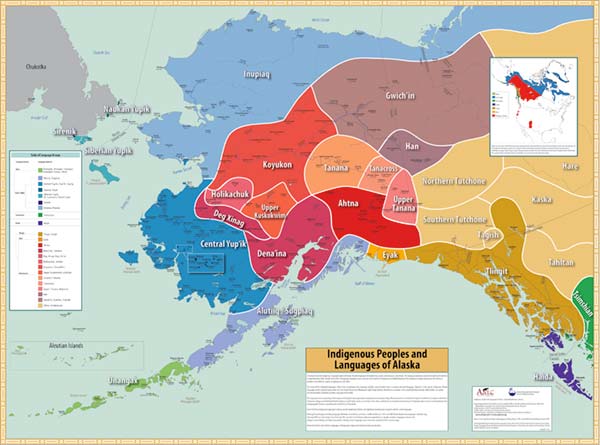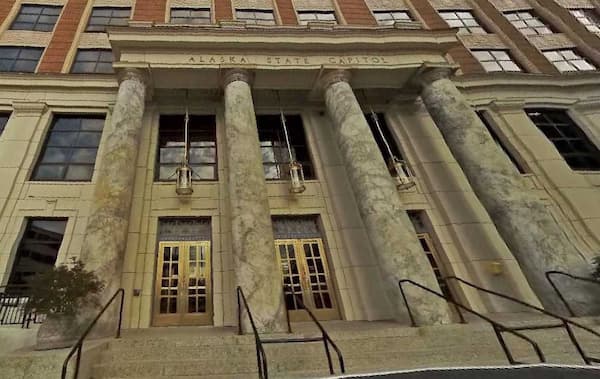
The Alaska Legislature last month passed a resolution urging Gov. Bill Walker to declare a linguistic emergency for Alaska Native languages. Now, advocates from across the state are collaborating to help breathe new life into some of these languages.
Approximately 140 language instructors, first-language speakers and language learners will attend the Alaska Native Language Revitalization Institute, May 21-24 at the University of Alaska Fairbanks. Hosted by the UAF College of Rural and Community Development, the institute is part of continued language revitalization efforts for the state’s Alaska Native languages.
“This is a critical moment in time for us to invest in Alaska Native languages,” said Sandra Kowalski, the college’s director of indigenous programs. “We are excited to host this institute in support of those at the front lines of language revitalization to advance this important work.”
Since the 1970s, the number of people speaking Alaska’s 20 indigenous languages has steadily declined. Earlier this year, the Alaska Native Language Preservation Advisory Council’s biennial report predicted that most of the state’s indigenous languages may be dormant or extinct by the end of the 21st century, should that trend continue. The report also advocated for policies supporting language revitalization efforts and programs that develop fluent speakers.
Sponsored by Rep. Dan Ortiz, I-Ketchikan, House Concurrent Resolution 19 was based on recommendations from the Alaska Native Language Preservation Advisory Council. The resolution calls for the Legislature, state agencies and Alaska Native groups to follow policies that encourage the use of Alaska Native languages.
The institute is hosting 10 languages, including Yup’ik, Iñupiaq, Tlingit, Haida, Gwich’in, Dena’ina, Ahtna, Sugpiaq, Alutiiq, and Denaakke’. During the institute, teams of 20 people will work together to promote language revitalization efforts and preparing educators to teach the language. Each team includes four elders or first-language speakers and 10 participants.
The institute has reached capacity for participation and registration is closed.
Source: UAF
[content id=”35021″]








